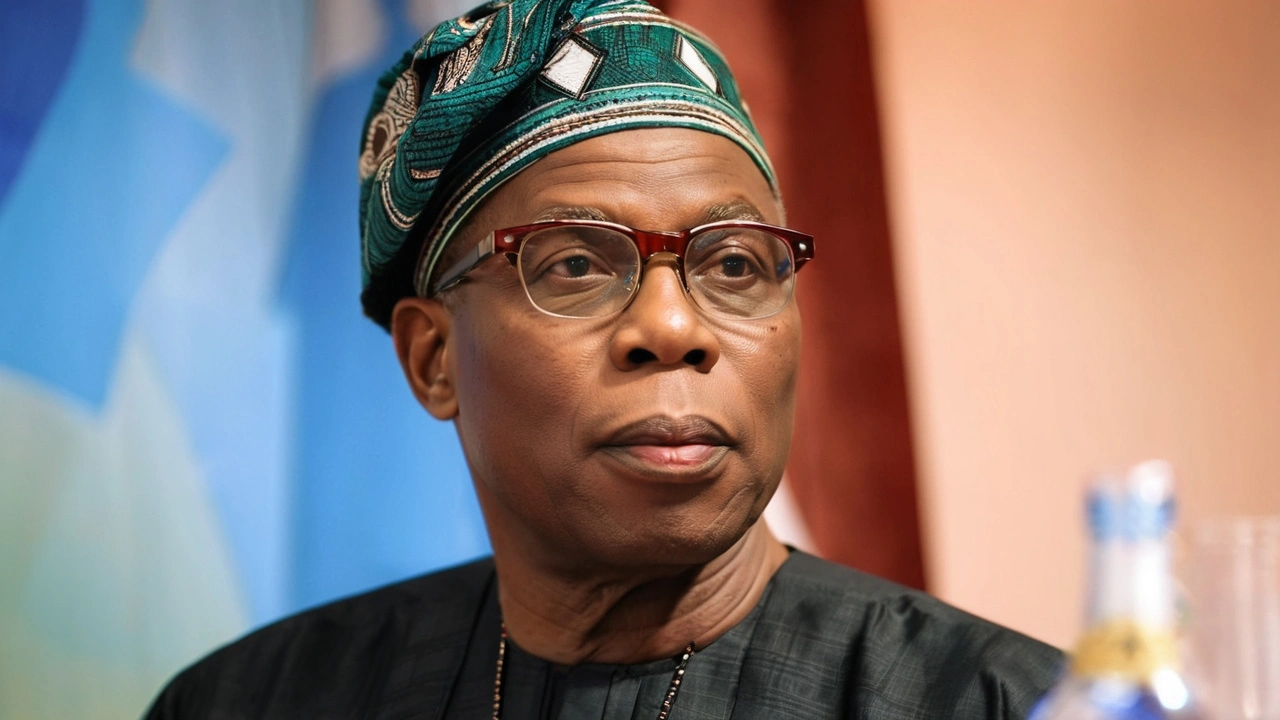Obasanjo is a name that often pops up when discussing Nigerian politics and leadership. He's a former president and a major influencer in Africa's governance scene. But what's his role today, and why do people keep talking about him? Let's break it down plainly.
First, Olusegun Obasanjo served as Nigeria's president twice, once as a military ruler in the 1970s and later as a democratically elected president from 1999 to 2007. His time in office shaped many policies that still affect Nigeria’s political landscape today.
Even after his presidency, Obasanjo remains active in political discussions. People watch closely when he comments on current issues because he’s known for speaking his mind. From national reforms to election watchdog roles, his voice carries weight in shaping public opinion.
Controversies also surround him at times, whether about his political decisions or memoirs exposing behind-the-scenes actions. These stir debates among Nigerians and political observers alike, making Obasanjo a figure of both praise and criticism.
You may come across news stories about Obasanjo related to calls for justice and accountability in Nigeria. For example, pressure on leaders to address historical events or corruption issues sometimes links back to his views or involvement. This keeps him relevant beyond just memories of his terms in office.
Understanding Obasanjo's role gives you a clearer picture of how Nigerian politics works and how past leaders impact the current environment. Whether you're tracking political changes or curious about Africa's leadership, he's a key person to follow.
Want to stay in the loop about Obasanjo? Keep checking for fresh news, expert analysis, and updates on how his legacy evolves in the country's story.
